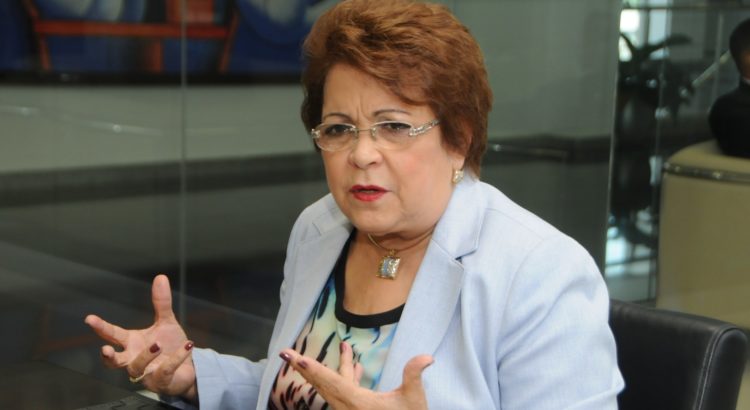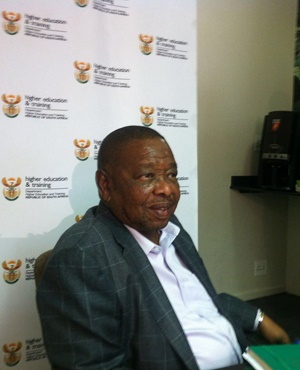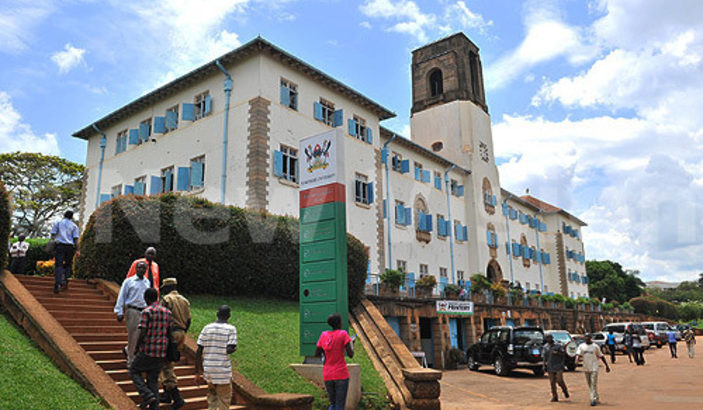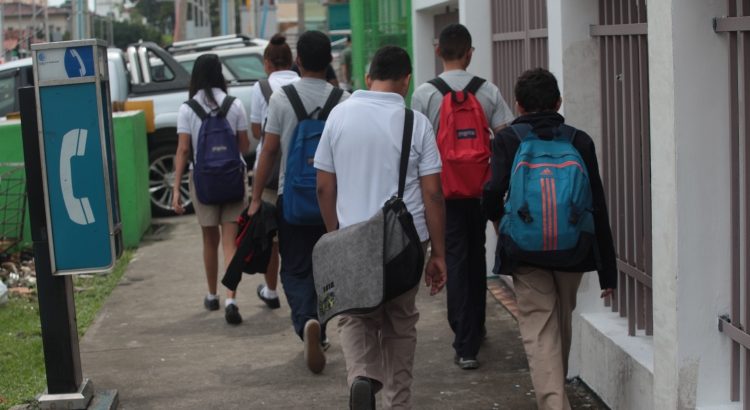Centro América/República Dominicana/09 Abril 2017/Fuente:eldia./Autor: El Día Redaccion
Entre los destinos universitarios que los solicitantes podrán seleccionar, se encuentran instituciones académicas localizadas en Reino Unido, Estados Unidos, Alemania, España, Francia, Cuba, Chile, Suiza, Paraguay, Rusia, Brasil, Puerto Rico, Colombia, Argentina, Italia y la República Checa.
La ministra de Educación Superior Ciencia y Tecnología, Alejandrina Germán, anunció el inicio de la Convocatoria de Becas Internacionales con las cuales el Gobierno formará 1,978 profesionales, en más de 30 prestigiosas instituciones universitarias extranjeras, de alrededor 16 países.
La convocatoria iniciada hoy,abarca una oferta de atractivos programas académicos para cursar maestrías, especialidades y doctorados, orientadas a suplir las necesidades de los sectores productivos y contribuir al desarrollo nacional a través de la disponibilidad de capital humano apto para responder a las demandas del modelo económico actual, caracterizado por la innovación y desarrollo de nuevos conocimientos.
Entre los destinos universitarios que los solicitantes podrán seleccionar, se encuentran instituciones académicas localizadas en Reino Unido, Estados Unidos, Alemania, España, Francia, Cuba, Chile, Suiza, Paraguay, Rusia, Brasil, Puerto Rico, Colombia, Argentina, Italia y la República Checa.
Reconocidas universidades de estos países integran las instituciones con las cuales el MESCyT ha logrado acuerdos para permitir a estudiantes dominicanos realizar sus estudios posgraduales, entre estas, Columbia University, Universidad del País Vasco, Antonio de Nebrija, Universidad Complutense de Madrid, Universidad de Alcalá, Universidad de Navarra, Universidad Técnica Minera Ostrava, Universidad de Bolonia, Instituto Marangoni, Universidad de Puerto Rico, Pontificia Universidad Católica de Chile, Universidad Andrés Bello, Universidad Minas Geráis, Universidad de Rusia de la Amistad de los Pueblos , así como otras.
En este sentido, la titular de cartera responsable de regular la Educación Superior en el país, se refirió a la pertinencia de la actual convocatoria,sobre la cual dijo que se centra en priorizar áreas prioritarias, entre estas la formación de recursos humanos de alto nivel en Educación, Ciencias Agronómicas, Ciencias Básicas, Ingenierías, Tecnologías de la Producción, Manufactura, Informática, Tecnología Médica, Biología Molecular, Neorociencias, Matemáticas, Geología, Hotelería y Turismos, Negocios, Emprendurismo, entre otros ámbitos.
El período de la convocatoria se extenderá hasta el jueves 29 de abril y toda la información sobre los requisitos, registro y documentos, está disponible a través del portal del Ministerio: www.mescyt.gob.do
El Programa de Becas Internacionales del MESCyT se enmarca dentro del cumplimiento de las políticas que ejecuta Presidente de la República, Danilo Medina Sánchez, encaminadas al logro del desarrollo del país.
Fuente de la noticia: http://eldia.com.do/educacion-superior-oferta-cerca-de-dos-mil-nuevas-becas-internacionales/
Fuente de la imagen:https://i1.wp.com/eldia.com.do/wp-content/uploads/2014/10/Alex-01p01.jpg?w=1624











 Users Today : 284
Users Today : 284 Total Users : 35459879
Total Users : 35459879 Views Today : 458
Views Today : 458 Total views : 3418430
Total views : 3418430